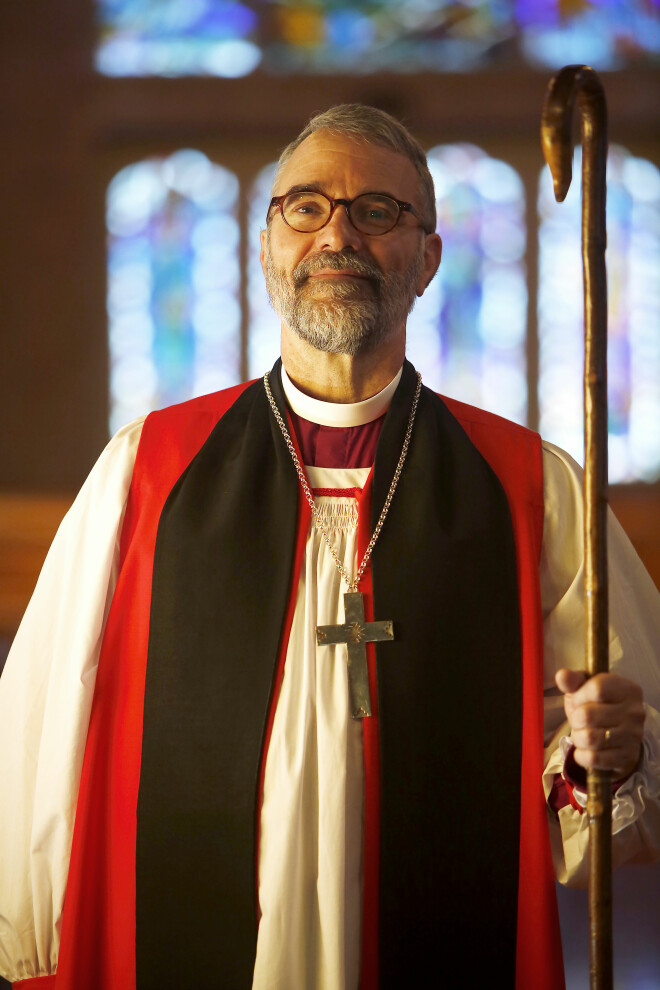Living Up or Down?

I have recently finished the British philosopher (and Anglican) Roger Scruton's prestigious Gifford Lectures (called 'The Face of God'), and commend them as beautiful, accessible, and deep. He is really addressing the most basic of theological questions: how can we speak of God who is, utterly unlike us, 'immortal, invisible, only wise.' All the answers in theological tradition work by analogy: God is in some degree like x (e.g. reason, being, love), but also unlike them in that He is more and beyond. In answer to this question, and so as a commentary on the claim in Genesis 1:26 that the human is 'in the image of God,' Scruton focuses on three words that capture what it is to be a human: 'I', 'you,' and 'why.’ What is it about these three features of humanness that offer a window on God?
Scruton begins with the now common materialist and scientific account of the world and so ourselves, as a collection of entities and forces determined by scientific law and genetics. This account is true enough in its own sphere - it answers well certain questions. The trouble is there are things it just can't get at. We have a direct experience of ourselves, of deciding to do things, of speaking to others. To give a reductive account of them doesn't explain them. As a result we 'live down' to such an account of human nature, rather than account which addresses what is most distinctive of us.
We ourselves as persons are a perspectives on the things of the world, on the 'edge' of the world of things, not separate from nor dissolved into the world of things. We as persons speak to and hear from other persons - as separate things we are bodies but not persons, though we are embodied too. And all of this doesn't say anything yet about God, only that the world is stranger...than is dreamed of (in a reductionist) philosophy.
We are persons, inclusive of but not reducible to our bodies. As such we have an angle of approach to who God is, for He is a person too, and addresses Thous, and beginning and end of our 'why's'. But we have only an inkling thereby- His I, Thou, and why are real but far beyond ours (as a reading of Exodus 3, according to Scruton, shows).
I offer these thoughts as a commendation of the work of Scruton, who offers a readable natural theology in this personalist and aesthetic tack. I look forward to a chance to hear this important Christian philosopher here in Dallas.
Peace
+GRS



